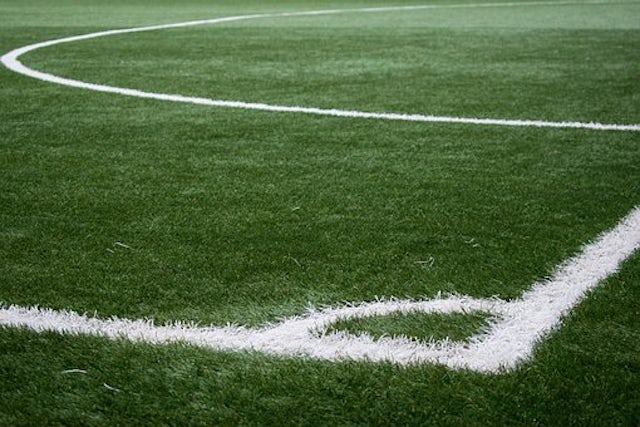Extensive changes to how concussion is managed, researched and reported have been proposed by a key parliamentary committee.
Here the PA news agency looks at the detail.
What has happened?
NEW REPORT: Concussion in sport Urgent action is needed by Government and sporting bodies to address a long-term failure to reduce the risks of brain injury in sport. Read our report: https://t.co/TXHkIpbFf2 Read the story:https://t.co/gKvV0STVDf pic.twitter.com/jrUCDCMUb5 — Digital, Culture, Media and Sport Committee (@CommonsDCMS) July 22, 2021
In March the Digital, Culture, Media and Sport Committee began an inquiry into concussion and brain injury in sport, amid concern about a link between playing sport and longer-term neurological problems.
The committee published its recommendations on Thursday. The most eye-catching were a demand for the Health and Safety Executive to ensure stricter reporting of injuries within sport, and for the Government to help co-ordinate the introduction of a minimum UK-wide protocol for concussion in sport and the establishment of an independent, central research fund.
What else has it recommended?
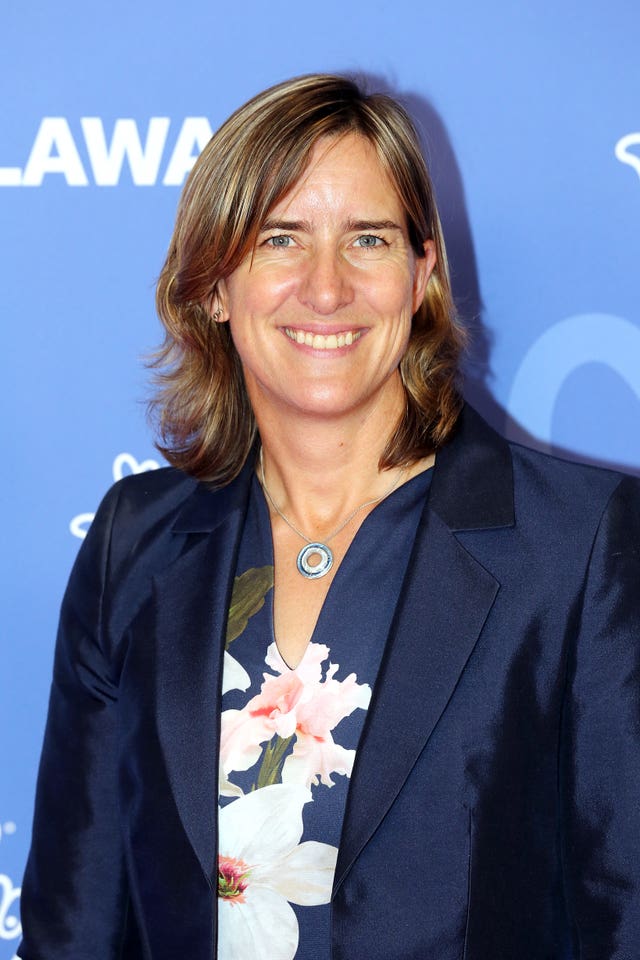
It wants UK Sport, which allocates Exchequer and National Lottery funding to elite Olympic and Paralympic sport governing bodies, to demand effective concussion protocols from those sports as a condition of funding, and crucially to ensure those protocols are applied.
The report said UK Sport should also pay for medical officers to attend major sporting events to make sure protocols are being followed and also to intervene in preventing an athlete from competing if they are deemed to be at risk.
What about grassroots sport?
How can we better manage #Concussion in sport? A thread of some key recommendations in our report today👇 1. In our report, we challenge the NHS to get better at identifying, treating and advising people with concussive brain injury. Read the report: https://t.co/TXHkIpbFf2 pic.twitter.com/xg4v6GRhh4 — Digital, Culture, Media and Sport Committee (@CommonsDCMS) July 22, 2021
The UK-wide concussion protocols should help to raise awareness among coaches and competitors alike, while the report also called for GPs and Accident and Emergency staff to be provided with regularly refreshed training on dealing with patients who present with brain injuries. It also called on NHS England to improve record-keeping in this area so that any history of head injury in a patient could be easily accessed.
How had we got to this point?
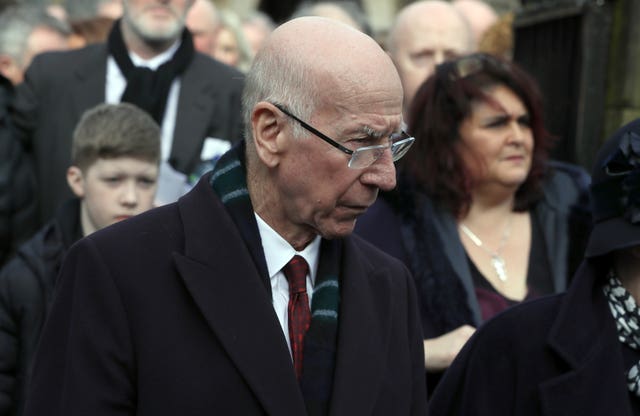
The FIELD study in 2019, led by Professor Willie Stewart at the University of Glasgow and co-funded by the Football Association and the Professional Footballers' Association, found professional footballers were three and a half times more likely to die of neurodegenerative disease than age-matched members of the population.
Four members of England's 1966 World Cup-winning team have died with dementia, while a fifth – Sir Bobby Charlton – was confirmed as living with the condition last year, again raising questions over whether concussion or repeated heading had played a part. Alongside controversy over football's concussion protocols and against the backdrop of a legal action being launched on behalf of rugby players suffering from early onset dementia, the committee felt compelled to investigate.
Who came in for most criticism?
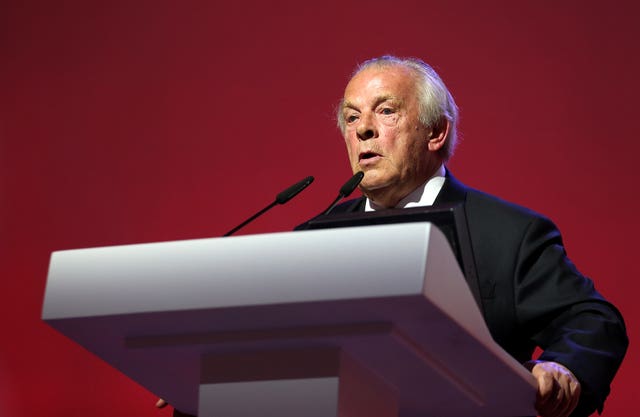
HSE was accused of a "dereliction of duty" for delegating risk management responsibility to sport, and effectively allowing it to "mark its own homework" with regard to head injuries.
The FA was criticised too, with the committee saying it should have taken a stronger and more sustained interest in the issue after Jeff Astle's death due to chronic traumatic encephalopathy (CTE) in 2002, the report said. The coroner at Astle's inquest said his death was due to industrial disease, caused by the repeated heading of a football. The report said the PFA should have "publicly hounded" the FA to do more.
What have the authors said about the report?
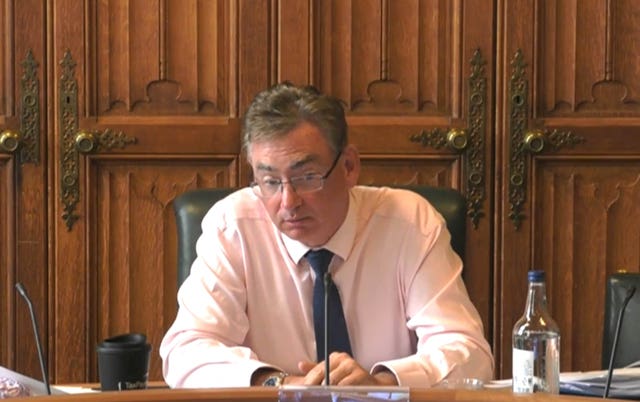
DCMS committee chair Julian Knight told the PA news agency: "We don't want to see things being banned, we just want a more coherent strategy. All (the report) is doing is ensuring people come together, that there is a responsibility here and we can't afford to pass the buck. We need to stop being worried about being sued. It isn't about accepting responsibility for the past, it's about setting a pathway to good governance in the future."
What has the wider reaction been?
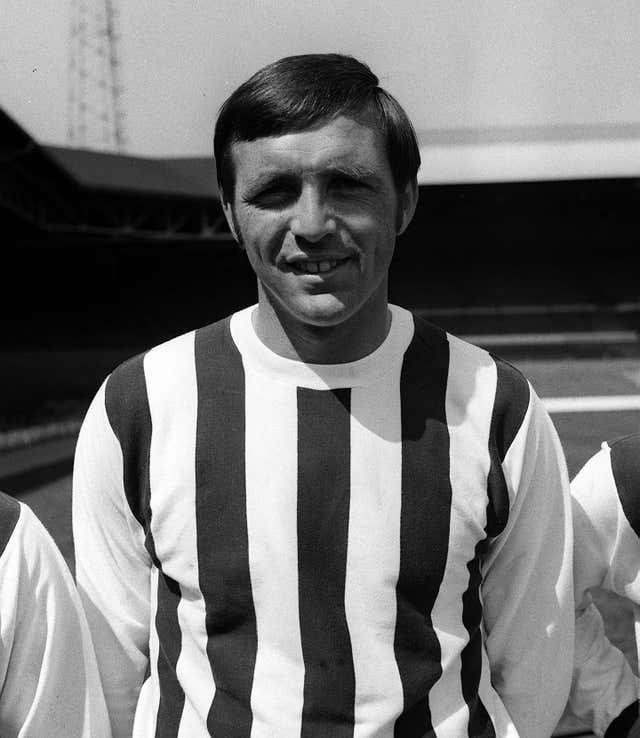
Jeff Astle's daughter Dawn, who has campaigned hard for greater research and better protection for players from head injuries, said the report had given her family hope.
She also welcomed the idea of concussion on a pitch being reported in the same way as any other workplace.
"Football is a sport enjoyed by millions of people around the world but to my dad it was just his job," she told the PA news agency.
"He should be afforded the same protection from known risks as in any other job."
FIELD study author Prof Stewart also supported the idea of common protocols across sport.
What happens next?
The PFA welcomes the Concussion in Sport inquiry, and we are grateful to @CommonsDCMS for giving us the opportunity to contribute to this report. Full statement here: https://t.co/VX33uLktxu pic.twitter.com/wfBbVRE2ay — Professional Footballers' Association (@PFA) July 22, 2021
The committee will keep a close eye on whether its recommendations are acted upon. On HSE, Knight said: "HSE needs to understand that it's in the spotlight and it needs to take action right now. If it doesn't, then it's as culpable as any of the sports governing bodies themselves."
Other bodies such as the FA, the PFA and UK Sport have said they will review the report's findings.
What does this mean for sport, should people be worried about playing?
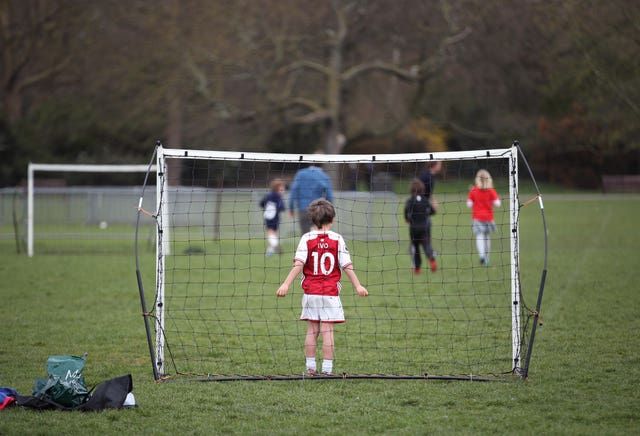
In a word, no. While the report called for better protocols and reporting to raise awareness and understanding around brain injuries to reduce the risk of them leading to longer-term problems, it also stated the importance of people continuing to play sport for the benefit of their mental and physical health.

